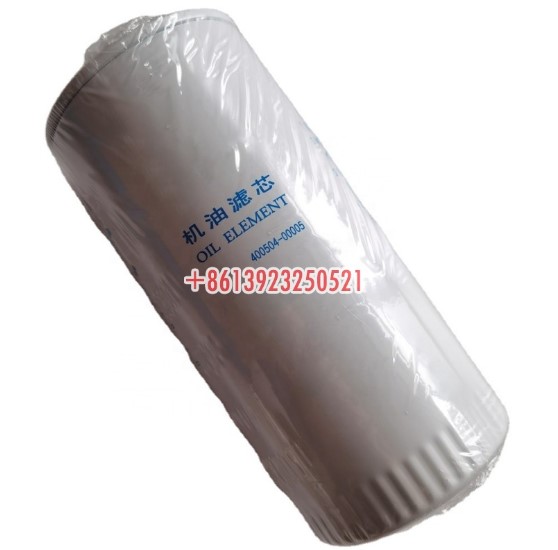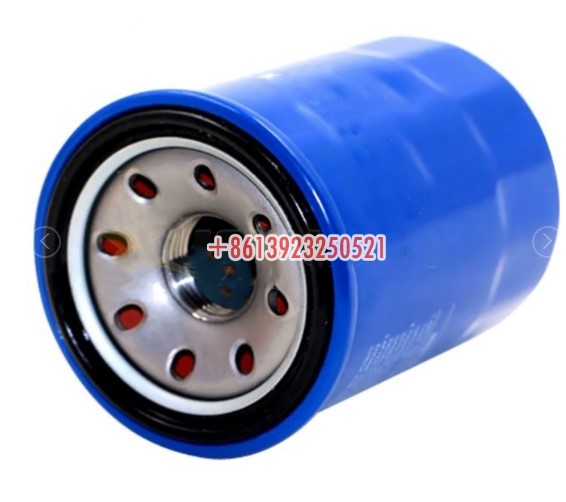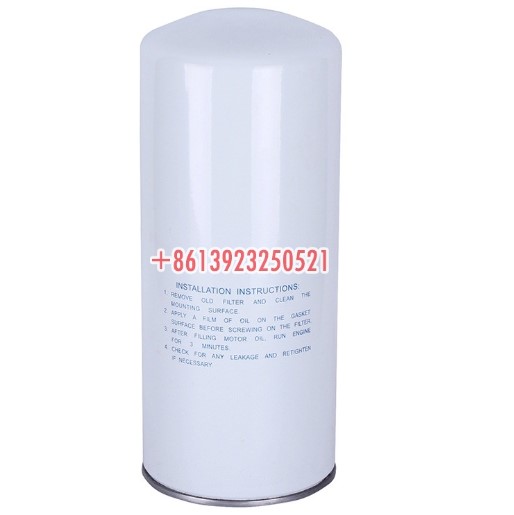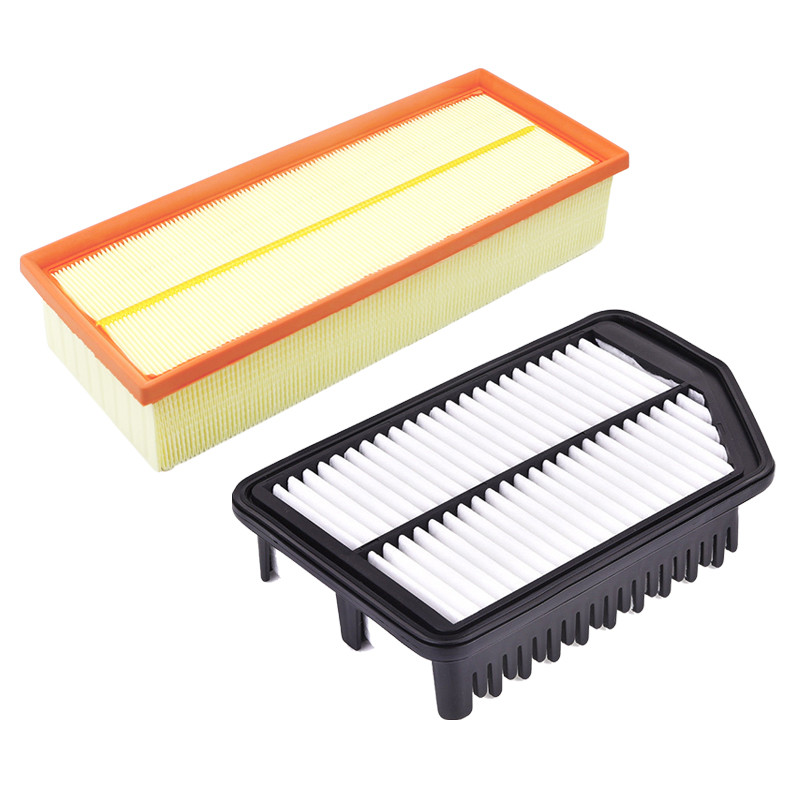When it comes to vehicle maintenance, changing the oil filter is an essential task that ensures the smooth operation and longevity of your engine. The oil filter plays a vital role in keeping the engine oil clean and free from contaminants. However, how often should you change an oil filter?
What Is The Function Of Oil Filters?
The oil filter is a crucial component of your vehicle's lubrication system. Its primary function is to remove impurities, such as dirt, debris, and metal particles, from the engine oil. By capturing these contaminants, the oil filter prevents them from circulating through the engine and causing damage to its components. A clean oil filter guarantees that the engine oil is clean and capable of providing adequate lubrication.

Signs That Indicate a Need for Oil Filter Replacement
Over time, the oil filter can become clogged with trapped contaminants, reducing its effectiveness. It is critical to recognize the indicators that signal the necessity for an oil filter change. Some common signs include:
Reduced oil pressure: If you notice a drop in oil pressure on your vehicle's dashboard, it could be an indication of a clogged oil filter.
Poor engine performance: A clogged oil filter can restrict the flow of oil, leading to decreased engine performance, such as sluggish acceleration or difficulty starting the engine.
Unusual engine sounds: Contaminated oil due to a clogged filter can cause engine components to wear out faster, resulting in unusual knocking or ticking sounds.
Dirty or dark oil: When checking your oil level, if you notice that the oil appears dirty or dark, it could be a sign that the oil filter needs to be replaced.

Factors Affecting Oil Filter Lifespan
Several factors can influence how often you should change your oil filter. These include:
Driving conditions: If you often travel in dusty or off-road conditions, your oil filter may become clogged faster and necessitate more frequent adjustments.
Oil quality: Using high-quality oil can help extend the life of your oil filter, as it contains fewer impurities that can clog the filter.
Vehicle age and mileage: Due to increasing wear and tear on the engine, older or higher mileage cars may require more regular oil filter replacements.

Recommended Intervals For Changing the Oil Filter
While the recommended intervals for changing oil filters can vary depending on the vehicle manufacturer and model, a general guideline is to replace the oil filter during every oil change. The oil filter should be changed every 3,000 to 5,000 miles or three to six months, whichever comes first, according to most technicians and automotive experts.
Conclusion
Regularly changing your oil filter is essential for maintaining a healthy engine and prolonging the lifespan of your vehicle. By removing contaminants from the engine oil, the oil filter plays a critical role in ensuring proper lubrication and preventing engine damage. By the way, COOBELL is a leading car filter manufacturer in China, offering various car filters of different car including nissan,toyota,BMW,benz,etc. Would like to learn more product details? Browse our website now!


.jpg)
.jpg)
